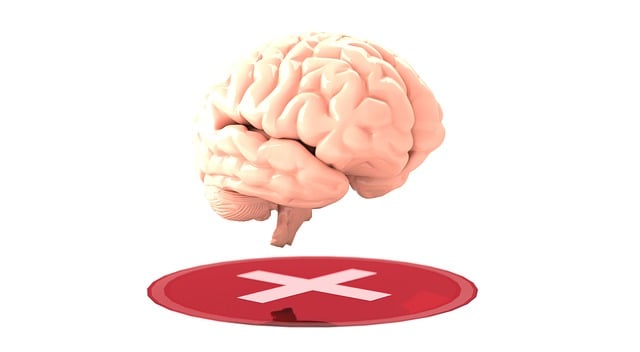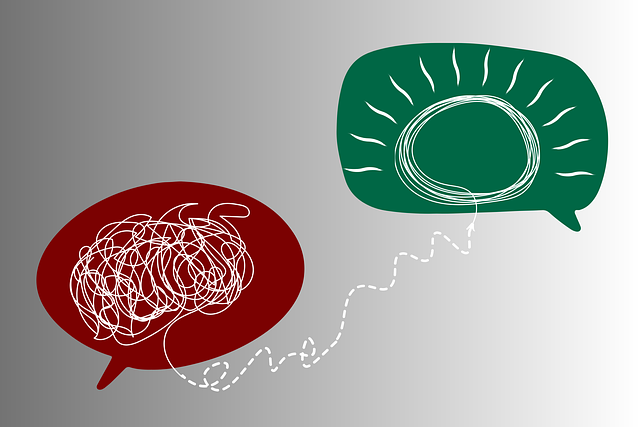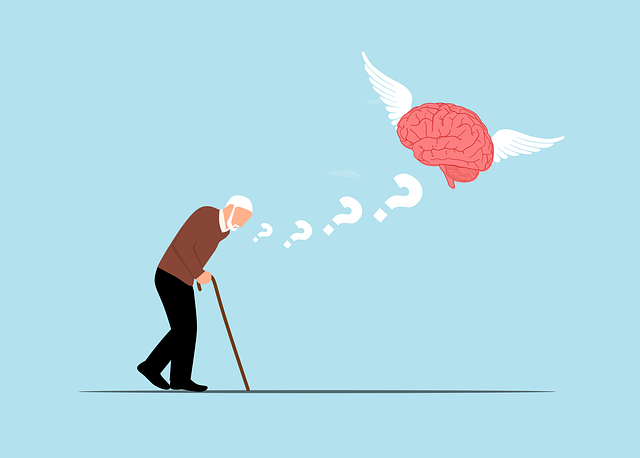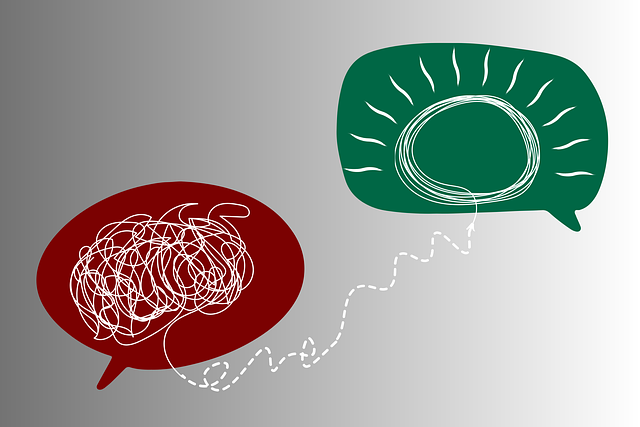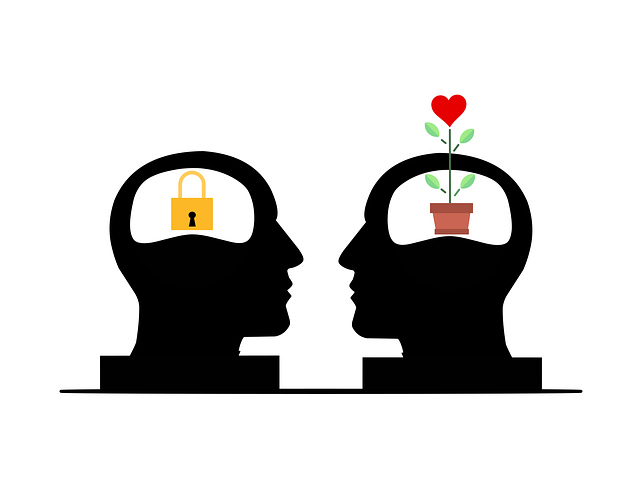Denver Adolescent and Teen Therapy offers a comprehensive approach to mood regulation through Emotional Intelligence (EI), Mental Wellness Journaling, Cognitive Behavioral Techniques (CBT), mindfulness, and tailored self-care practices. They address underlying causes, engage families and communities, and provide evidence-based strategies like CBT and mindfulness to enhance decision-making skills, resilience, and emotional well-being in teens and adolescents. By integrating holistic methods and building confidence through self-expression, Denver Adolescent and Teen Therapy prepares young individuals for long-term emotional stability and mental health.
Mood regulation is a vital skill, especially for adolescents and teens navigating life’s challenges. This comprehensive guide explores various strategies to manage emotions effectively, offering a holistic approach to well-being. We delve into the significance of emotional intelligence as a cornerstone for understanding and controlling mood. From cognitive behavioral techniques to mindfulness practices, this article provides insights into Denver Adolescent and Teen Therapy methods that empower youth to build resilience and achieve long-term emotional balance.
- Understanding Mood Regulation: The Importance of Emotional Intelligence
- Denver Adolescent and Teen Therapy: A Holistic Approach to Mood Management
- Cognitive Behavioral Techniques for Better Mood Control
- Mindfulness and Meditation: Calming the Stormy Mind
- Building Resiliency: Strategies for Long-Term Mood Regulation
Understanding Mood Regulation: The Importance of Emotional Intelligence

Understanding Mood Regulation begins with recognizing the intricate link between emotional intelligence and mental wellness. Denver Adolescent and Teen Therapy experts emphasize that Emotional Intelligence (EI) is a powerful tool for navigating life’s challenges. It involves recognizing and managing one’s own emotions, as well as understanding and empathizing with others’ feelings.
This ability to perceive and manage emotional states plays a significant role in building resilience—a key component of overall mental wellness. Through Mental Wellness Journaling Exercise Guidance, individuals can learn to track their moods, identify triggers, and develop healthy coping mechanisms. By cultivating EI, teens and adolescents gain valuable insights into their emotions, fostering better decision-making skills and enhancing their ability to navigate life’s ups and downs with greater ease and resilience.
Denver Adolescent and Teen Therapy: A Holistic Approach to Mood Management

Denver Adolescent and Teen Therapy offers a holistic approach to mood management, recognizing that each young person’s mental health journey is unique. This comprehensive strategy involves addressing not just symptoms but also underlying causes, encompassing various aspects of an individual’s life. Beyond traditional therapy sessions, they actively involve families and communities through their Community Outreach Program Implementation, fostering a supportive network that extends beyond the clinical setting.
By integrating Mental Wellness practices tailored to each client’s needs, Denver Adolescent and Teen Therapy empowers teens to develop healthy coping mechanisms. Moreover, their expertise in Trauma Support Services ensures that individuals who have experienced adversity receive specialized care. This holistic approach aims to enhance resilience, promote emotional well-being, and ultimately help adolescents navigate life’s challenges with greater equanimity.
Cognitive Behavioral Techniques for Better Mood Control

Cognitive Behavioral Techniques (CBT) offer a powerful set of tools for individuals seeking better mood control. This evidence-based approach focuses on identifying and changing negative thought patterns, which in turn can influence emotional states. By working with a Denver Adolescent and Teen Therapy professional, individuals learn to recognize cognitive distortions that contribute to low moods or periods of heightened anxiety. Through structured exercises and guided practice, CBT empowers teens and young adults to challenge these distorted thoughts and replace them with more realistic and positive perspectives.
Incorporating self-care practices alongside CBT can significantly enhance mood regulation. Mental health professionals emphasize the importance of fostering inner strength development as a key component in managing emotional well-being. This involves encouraging individuals to engage in activities that promote relaxation, stress reduction, and overall mental resilience. By combining cognitive behavioral techniques with self-care strategies, Denver Adolescent and Teen Therapy aims to equip young people with the skills necessary to navigate life’s challenges more effectively, thereby fostering a greater sense of control over their emotional states.
Mindfulness and Meditation: Calming the Stormy Mind

Mindfulness and meditation have emerged as powerful tools to calm the stormy mind, offering a beacon of hope for those grappling with mood regulation challenges. These practices, often recommended by Denver Adolescent and Teen Therapy specialists, involve training the mind to focus on the present moment, thereby reducing the impact of stressful thoughts and emotions. By fostering awareness without judgment, individuals can gain a deeper understanding of their feelings, enabling them to manage stress more effectively.
The benefits extend beyond mere relaxation; regular mindfulness and meditation practices have been linked to improved emotional resilience, enhanced cognitive function, and better overall mental health. This is particularly valuable for adolescents and teens navigating the complexities of growing up. Engaging in these activities can be a proactive step towards preventing or managing conditions related to mood regulation, such as anxiety and depression. Moreover, incorporating mindfulness into daily routines aligns with recommendations from Stress Management Workshops Organization, Healthcare Provider Cultural Competency Training, and Risk Management Planning for Mental Health Professionals, underscoring its significance in holistic mental health care.
Building Resiliency: Strategies for Long-Term Mood Regulation

Building resilience is a key component of long-term mood regulation for adolescents and teens. At Denver Adolescent and Teen Therapy, we emphasize strategies that empower young individuals to navigate emotional challenges effectively. This involves teaching self-care practices tailored to their unique needs, such as mindfulness techniques, stress management strategies, and healthy coping mechanisms. By integrating these practices into daily routines, teens can enhance their emotional well-being promotion techniques and develop a stronger sense of resilience.
Confidence boosting activities are another vital aspect of our approach. We encourage teenagers to explore and engage in hobbies, sports, or creative outlets that foster self-expression and personal growth. Through these experiences, they learn to challenge negative thoughts, build positive self-esteem, and develop the skills necessary for managing their moods independently. Our goal is to prepare them with the tools needed to thrive, ensuring long-lasting emotional stability and overall mental health.
In conclusion, mood regulation is a multifaceted process that involves emotional intelligence, holistic approaches like Denver Adolescent and Teen Therapy, cognitive behavioral techniques, mindfulness practices, and building resiliency. By integrating these strategies, individuals can effectively manage their moods, enhancing overall well-being and quality of life. Each method offers unique benefits, catering to diverse needs, and promoting a more balanced and resilient mindset.
